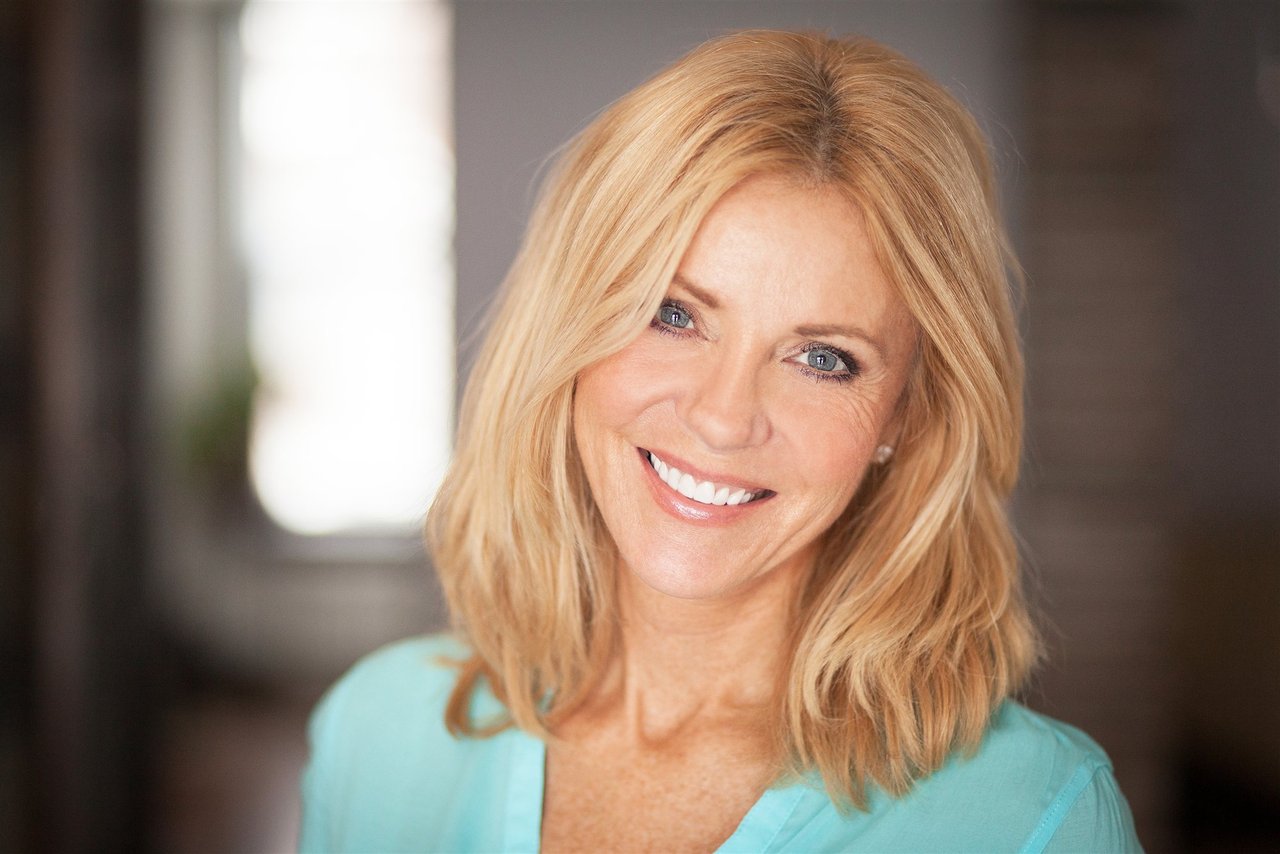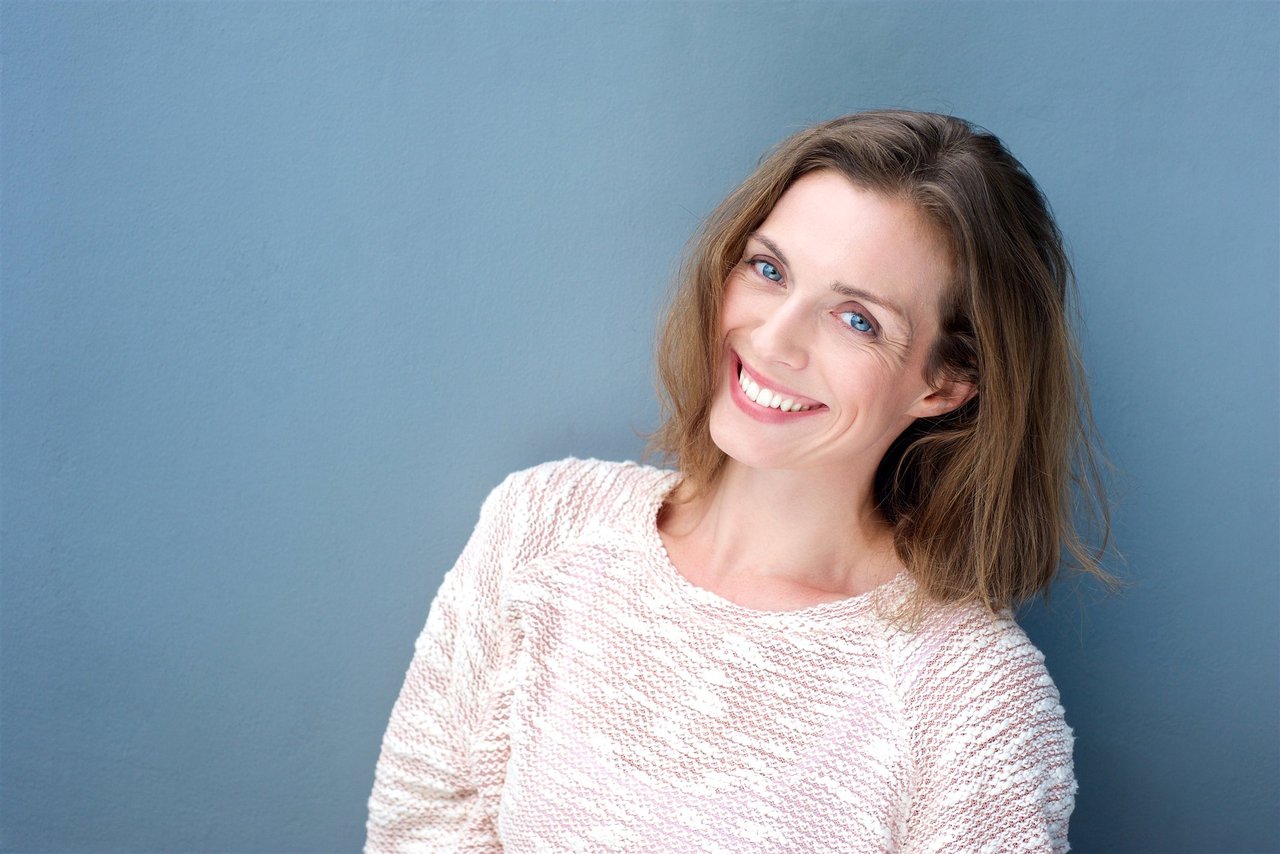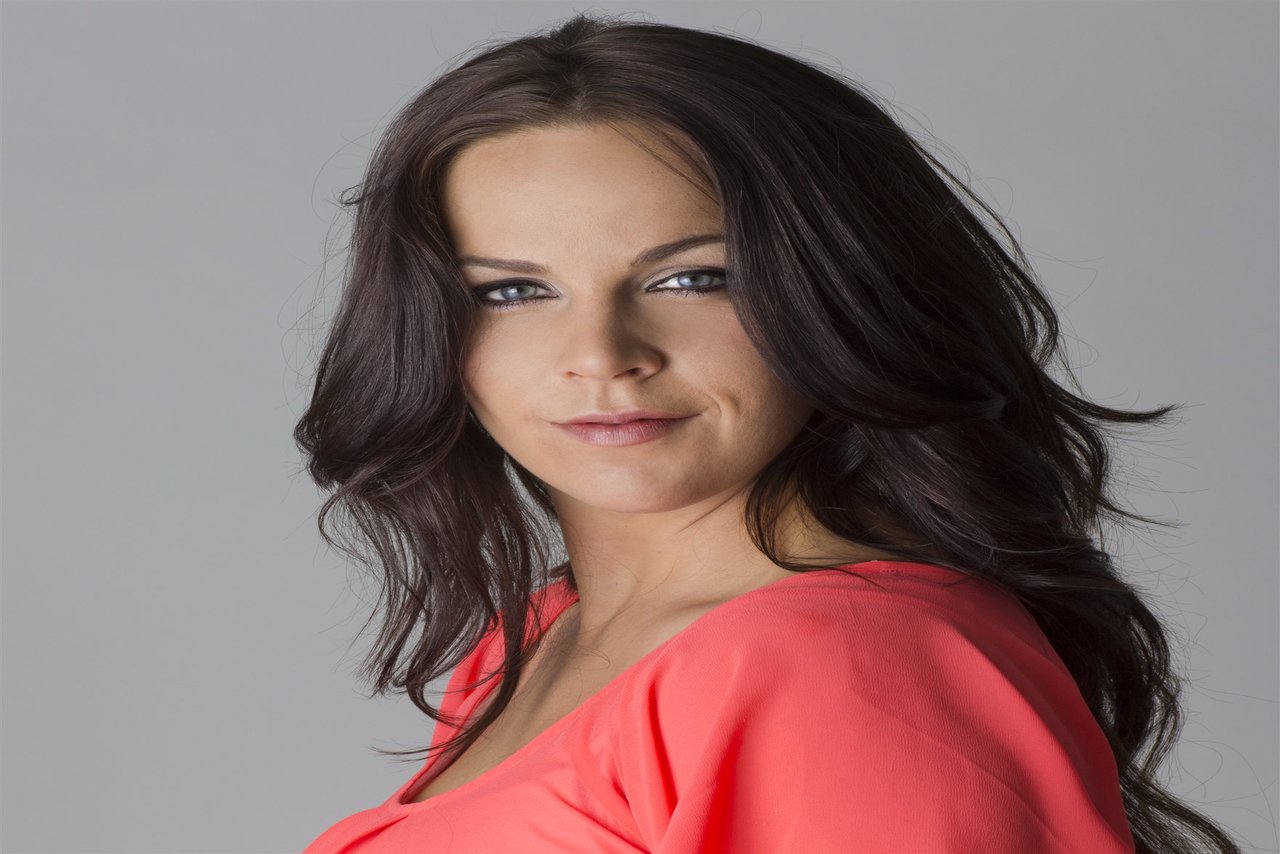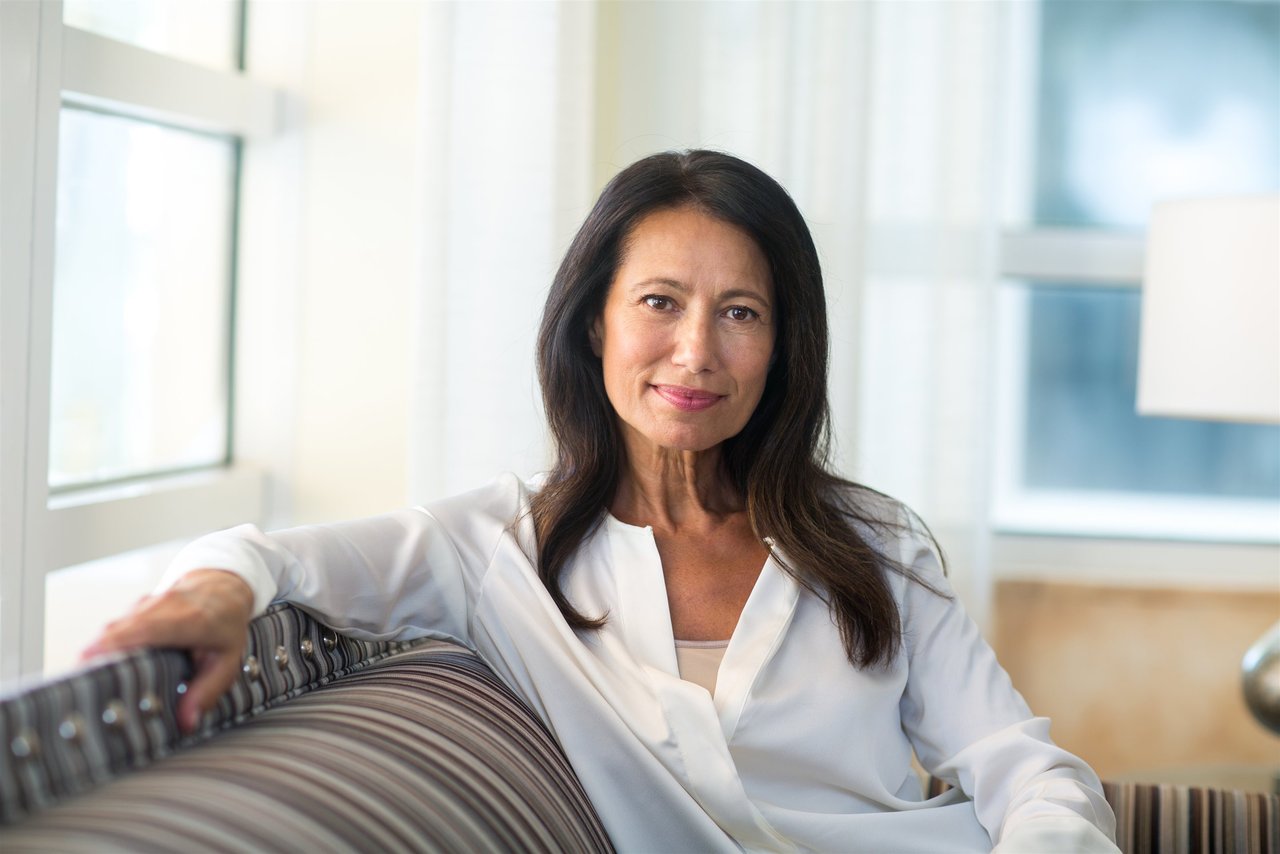Fear of Change When Dating After Years Alone — How to Face It and Move Forward
Just the thought of re-entering the dating scene after being single for years can feel like standing at the edge of a cliff, staring into an unknown future. Old routines become a kind of emotional armor — predictable, safe, rarely challenged. The idea of letting someone new into your daily rhythm prompts fear of change, and it goes deeper than just logistics. It touches pride in your independence, and brings up questions about whether you’re ready for someone else’s habits, quirks, or expectations.
Internal dialogue bubbles up: “What if I’m not interesting anymore? What if dating now is nothing like I remember?” It’s common to carry negative beliefs about dating, shaped by past disappointments, heartbreak, or simply the security of solitude. The comfort zone starts feeling more like a cage, but the door is unlocked — if you’re ready to step outside.
Shifting your mindset starts with acknowledging that fear is not a red flag, but a sign you care deeply about your next chapter. Begin gently challenging your limiting thoughts: “I’m too old for this,” “People just use modern dating apps for the wrong reasons,” and “There’s no one out there for me” are stories that protect you, but also keep you from growing. Letting go of the past frees up space for personal growth, and renewing confidence happens when you dare to see small changes as victories.
Every step forward — however small — is proof that moving out of your comfort zone is possible. Try something different: message someone on a new online dating platform, say yes to a coffee with a friend’s acquaintance, or simply update your dating profile. Transformation comes not from waiting for the right time, but from trusting yourself enough to take imperfect action. Even research confirms that adults who expose themselves to new experiences regularly report greater overall well-being and life satisfaction (American Psychological Association, 2022).
Change is uncomfortable, yes, but also the threshold to a fuller, more connected life. If you listen closely, that whisper of fear also carries a promise: “You’re not done growing yet.”



